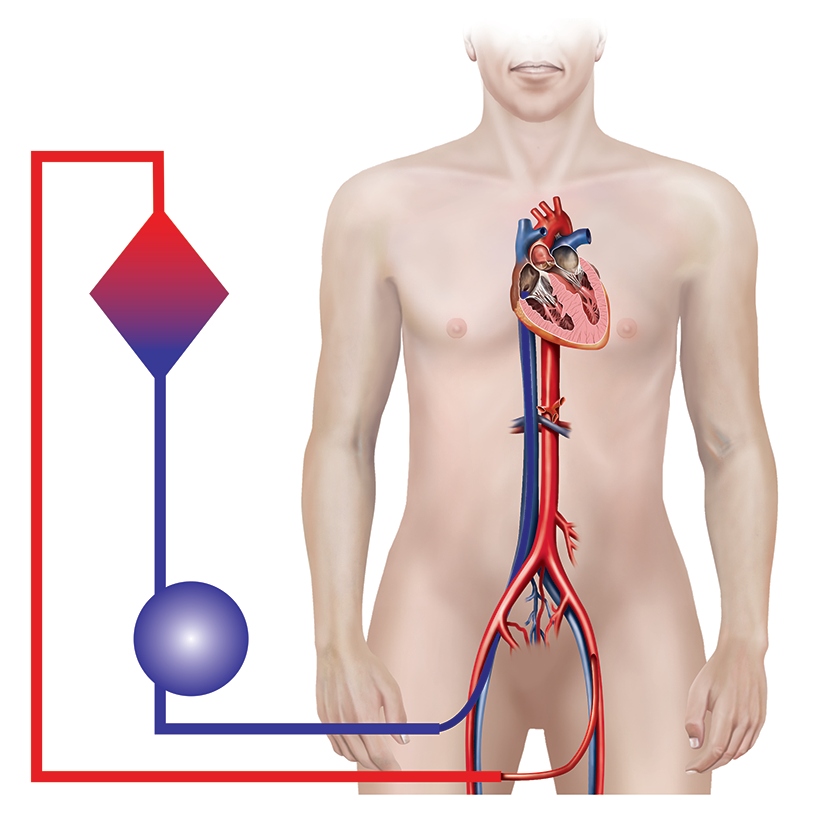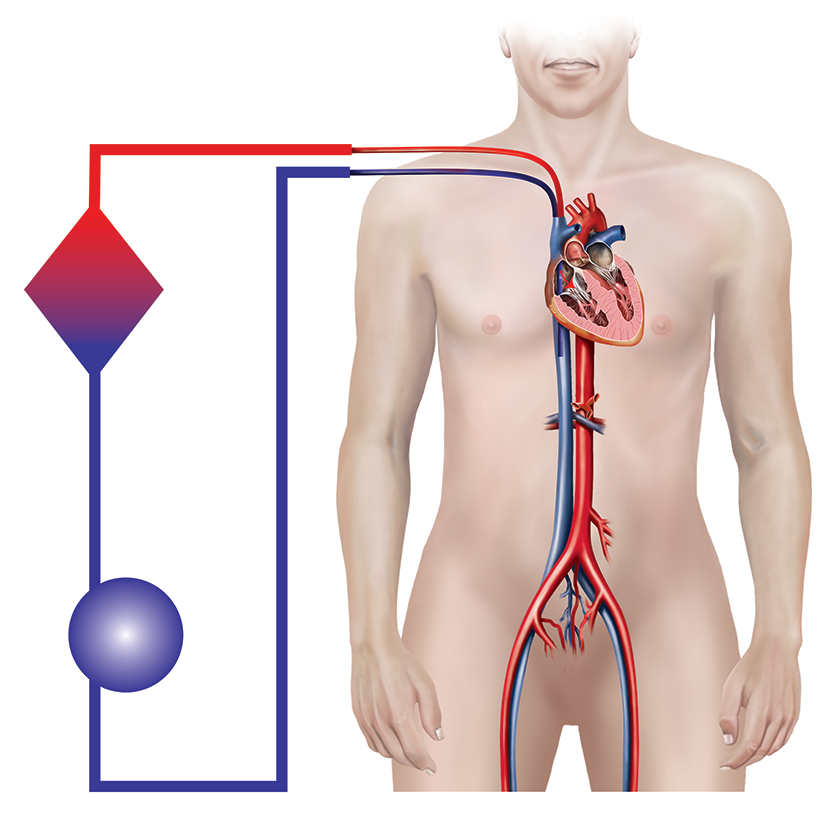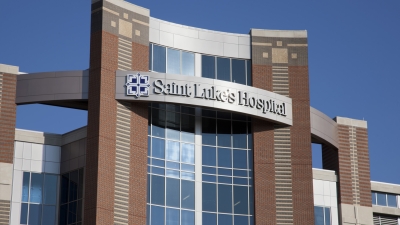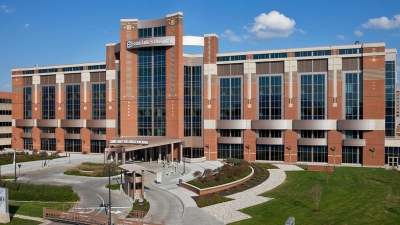Extra Corporeal Membrane Oxygenation (ECMO)
Extra Corporeal Membrane Oxygenation (ECMO) is used for patients with life-threatening heart or lung disease or damage. It provides short-term support of the cardiac or pulmonary system when conventional management fails. ECMO can fully support the heart and lungs until the underlying problem is resolved or organ transplantation occurs.
Kevin K. Nunnink ECMO Program
Saint Luke’s Mid America Heart Institute is the region’s most experienced adult ECMO Program, established in 2009.
Our award-winning program is a member of and actively participates in the Extracorporeal Life Support Organization (ELSO) data registry for national and international ECMO centers. ELSO monitors quality standards for member ECMO centers worldwide. Our rate of survival to hospital discharge exceeds the national average reported from all centers participating in the ELSO registry.
In 2015 Saint Luke's Mid America Heart Institute received the Gold Center of Excellence in Life Support Award from ELSO for 2015 to 2018. Only 17 awards were given out nationally to adult centers in 2014. Saint Luke's was the only winner from Kansas or Missouri. In order apply for the award, the program has to have a minimum five-year history. We are honored to have won the award in our first year of application.
Continuing a Legacy
In 2016, Saint Luke’s renamed its ECMO program the Kevin K. Nunnink ECMO Program. Nunnink was one of Saint Luke’s first patients to undergo ECMO therapy.
A well-respected businessman, Nunnink died from heart disease in 2009 at 57. To continue his legacy, a foundation was established in his honor. Today, the Kevin K. Nunnink Foundation provides much-needed funds for cardiac research to help prevent and cure heart disease.
Thanks to ongoing support and generosity from the foundation, Saint Luke’s has been able to expand its program with additional ECMO machines—saving even more lives.
Frequently Asked Questions
How does ECMO work?
Blood is removed from the patient through a cannula and routed through a pump and oxygenator which efficiently removes carbon dioxide and oxygenates the blood. The blood is then returned to the patient through the same or a separate cannula at flows up to seven liters per minute. ECMO minimizes or eliminates the need for ventilator and cardiovascular support allowing for organ rest and recovery. Without the use of ECMO the extremes of patient management such as excessive ventilator settings, inotropes, and vasopressors, can create ongoing organ injury and further harm.
Are there risks associated with ECMO?
Risks include bleeding, thromboembolism, leg ischemia, stroke, infection, and device-related complications.
How long can I expect my patient to need ECMO support?
It depends, but organ recovery usually occurs in a week or two. Occasionally, patients may need to be supported for a longer time.
What is the difference between veno-venous (VV) and veno-arterial (VA) ECMO?
Two types of ECMO are available for use. Veno-Venous (VV) ECMO is used for severe respiratory failure and in most cases is accomplished through a single cannula placed into the internal jugular vein. Veno-Arterial (VA) ECMO is used for severe cardiac failure, including cardiac arrest, and is usually done with cannulation of the femoral artery and vein.
Veno-arterial (VA):

Veno-venous (VV):

Contact Us
Call 816-932-3672
Locations

Saint Luke's Hospital of Kansas City

Saint Luke's Mid America Heart Institute
Recent News
Article